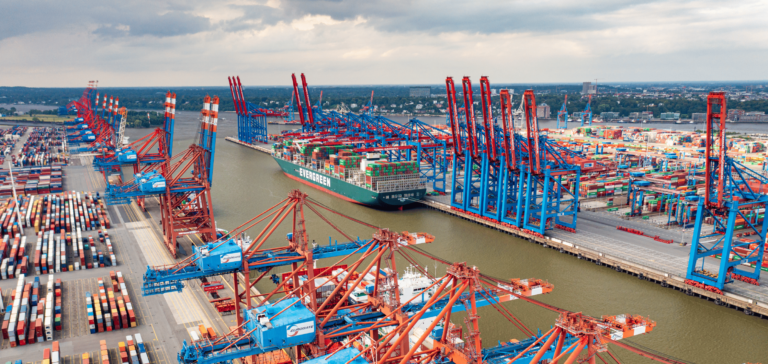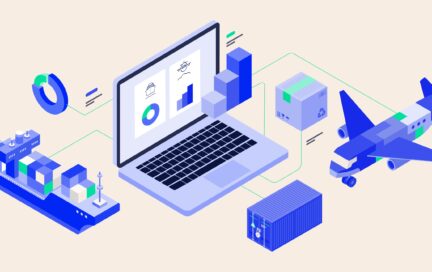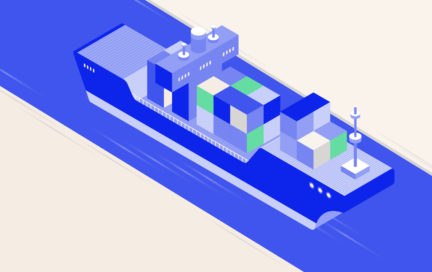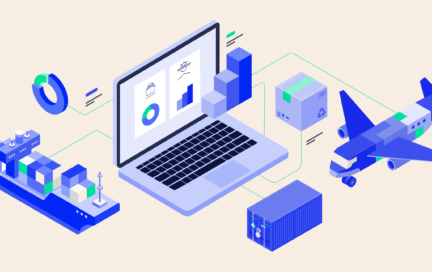Northern German ports are currently experiencing extensive modernization projects aimed at enhancing infrastructure and operational efficiency. These upgrades, while essential for long-term improvements, have led to repeated disruptions and delays. Key issues include ongoing construction in ports and hinterland terminals, strikes over labor disputes, and natural barriers like the unnavigable Upper Rhine due to prolonged high water levels. These factors are impacting the availability and reliability of rail and truck transport, creating logistical bottlenecks for those moving cargo into and out of Germany.
Modernization and Disruption Drive Imbalances in Germany’s Inland Transport Network
Ongoing Modernization Efforts
Northern German ports are undergoing crucial upgrades to port facilities, hinterland terminals, and the DB rail network. These efforts aim to boost long-term operational efficiency but are currently causing recurrent disruptions. Construction work is affecting the movement of goods, leading to noticeable delays in rail and truck transport.
Strikes and Natural Barriers
Adding to the challenges, labor disputes in the northern ports threaten potential strikes. This unrest, combined with sections of the Upper Rhine being unnavigable due to prolonged high water levels, is further straining logistics. The combination of these issues is leading to increased congestion and delays, as alternative routes and modes of transport are pushed to their limits.
Further complicating logistics, southern Germany is experiencing severe flooding. This natural disaster is impacting road and rail networks, adding to the transportation challenges already faced in the north.
New Slot Booking Procedures
A newly introduced slot booking procedure for trucks in major ports, including Hamburg and Bremerhaven, is creating constraints. Designed to better coordinate truck arrivals and departures, system adoption is limiting flexibility and capacity as stakeholders adjust to the new process. This transition period is causing additional delays and reducing efficiency in cargo movements.
Impact on Costs and Storage Fees
The disruptions are leading to increased storage fees at seaports and hinterland terminals, along with potential demurrage and detention costs. These additional expenses are passed on to cargo owners when shipments are delayed beyond free storage periods. Such costs are becoming more common due to the current logistical challenges.
Forto’s Response and Recommendations
Strategic Capacity Management
Forto is actively mitigating these disruptions through comprehensive capacity management strategies. We stay in contact with all stakeholders to manage the impacts of disruptions by leveraging alternative routes, helping you optimize schedules, and maintaining close communication.
Recommendations for Cargo Owners
- Stay Informed: Regular updates from Forto will help you stay on top of congestion fees, scheduling changes, and other critical developments.
- Plan Ahead: Anticipate delays and incorporate them into your logistics planning.
- Flexible Scheduling: Be ready to adjust transport schedules to accommodate disruptions.
- Engage with Forto: Utilize our expertise and services to navigate these challenges effectively.
Addressing Congestion Fees
To manage the increased demand for resources and extended wait times at terminals and depots, congestion fees are being implemented across all transport modes.
Conclusion
The current landscape of Northern German ports presents a complex web of challenges due to modernization efforts, labor disputes, and nature and weather-led events. These factors are significantly disrupting logistics, impacting the availability and reliability of rail and truck transport.
Forto stands as a reliable partner, committed to ensuring your cargo continues to move as reliably as possible. Our proactive capacity management strategies, continuous monitoring of developments, and transparent communication aim to minimize the impact of these disruptions on your operations.






